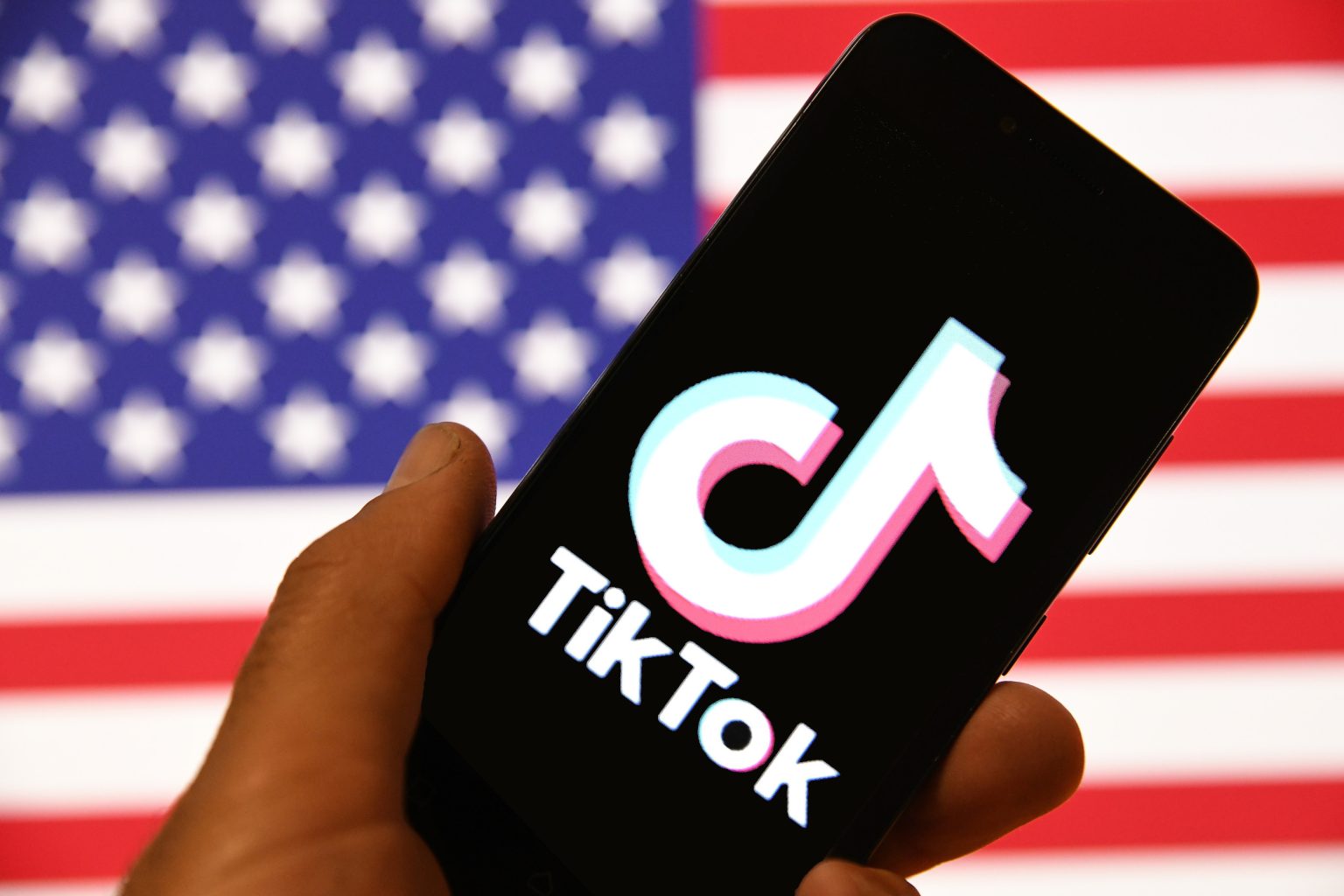TikTok has become a significant platform for political engagement, with Vice President Kamala Harris emerging as a popular figure on the app in the lead-up to the 2024 presidential election. With viral clips of her speeches turning into memes and remixes, as well as her own TikTok page gaining millions of followers in just days, the potential influence of TikTok on the upcoming election is becoming increasingly apparent. The platform has transformed the way content is consumed and created, providing a voice for young people and offering opportunities for success and entrepreneurship. Despite uncertainties surrounding TikTok’s future due to potential bans or ownership changes, its impact on social media culture is undeniable.
Social media has evolved from a means of connecting with friends to a platform for building followers and engaging with influencer culture. The introduction of short-form social media apps like Vine, Musical.ly, and TikTok has revolutionized the way content is consumed, shifting the focus from established connections to exploration and virality. TikTok’s algorithm-driven “For You Page” has enabled users to discover content from a diverse range of creators, amplifying the potential for viral trends and brand exposure. Other social media platforms have adapted to this trend by introducing similar features like Instagram Reels, YouTube Shorts, and Snapchat Spotlight, highlighting the demand for entertaining and easily consumable video content.
The political implications of TikTok’s potential ban or sale are significant, particularly as Harris’s popularity on the app continues to grow. If Trump were to win the election, he has indicated that he would reverse the TikTok ban to limit the competition from Meta, a rival social media network. However, if Harris were to win, the future of TikTok remains uncertain unless legal challenges or new ownership arrangements emerge. The role of TikTok in political campaigns is becoming increasingly apparent, with its ability to reach millions of users overnight through viral content and trending sounds.
As a successful content creator with millions of followers on TikTok, Nadya Okamoto emphasizes the platform’s impact on amplifying voices and providing opportunities for success, particularly for young people. She highlights the importance of TikTok in shaping cultural trends and challenging conventional modes of content consumption. The potential loss of TikTok could have far-reaching implications for social media dynamics and content creation across platforms, underscoring the platform’s transformative influence on digital communication. Despite uncertainties about its future, TikTok’s legacy as a space for innovation and creativity is likely to endure.
In conclusion, TikTok has emerged as a powerful platform for political engagement, cultural expression, and content creation, with Vice President Kamala Harris’s popularity highlighting its potential influence in the 2024 presidential election. The evolution of social media from friend connections to influencer culture to short-form content consumption has reshaped the way users engage with digital content. TikTok’s unique algorithm and focus on virality have driven trends across social media platforms, prompting adaptations and shifts in content delivery. The future of TikTok remains uncertain, but its impact on our digital landscape is undeniable, underscoring the platform’s role as a catalyst for innovation and creativity in the digital age.


